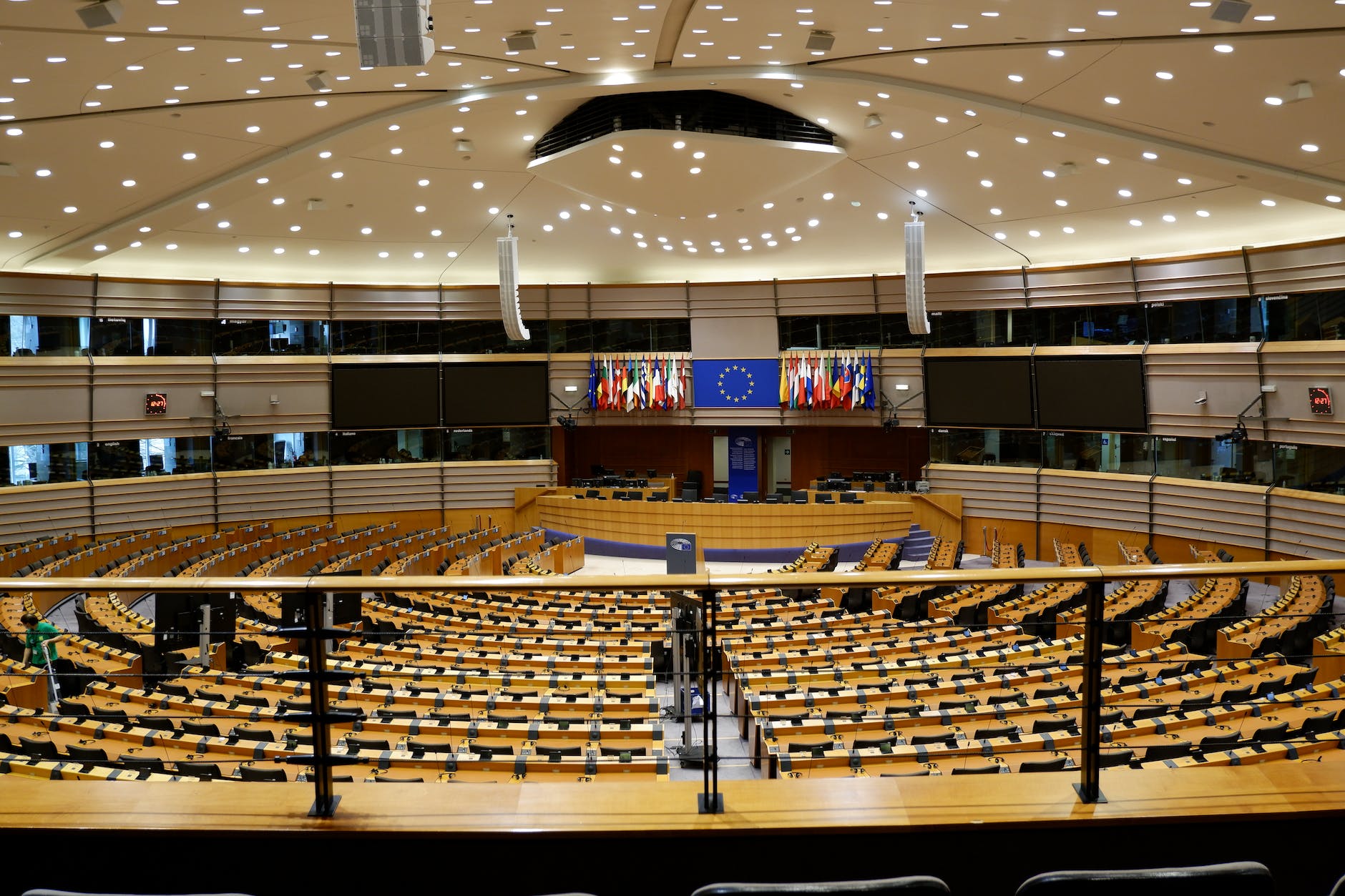By the Alessandra Silveira (Editor)
▪
“Europe is mortal”: recovering the original impetus for loyal co-operation of Article 4(3) TEU
Last April 25, while the Portuguese were celebrating the 50th anniversary of their democracy, French President Emmanuel Macron delivered a speech at the Sorbonne University urging the European Union (EU) to urgently rethink its economic and defence models, otherwise it will become irrelevant on the world stage value-wise – that is the meaning of the metaphor according to which the Europe we have come to know could die.[1] The rules of the game have changed on several fronts – including geopolitics, economy, trade and culture – and in this context, the “European way of life” is under threat and could fall into decay. Moreover, fighting Western values is the more or less declared plan of those who want a new illiberal international order.
Russia’s invasion of Ukraine marks the beginning of a new phase for European integration, the shape of which is not yet fully understood. But one thing is certain: in this new phase, loyal co-operation between European institutions and Member States – as well as their loyalty to each other – is particularly important. This is not a time for friction or dispute between Europeans and their representatives, because in the face of the barbarity of war, what is at stake is always of an existential nature. In other words, it is always a matter of life and death, also for European values and their relevance in the world. Against this backdrop, it is important to identify the new winds that are blowing across the relations of articulation and interdependence between the legal-constitutional order of the EU and the legal-constitutional order of the Member States.
Continue reading “Editorial of May 2024”









